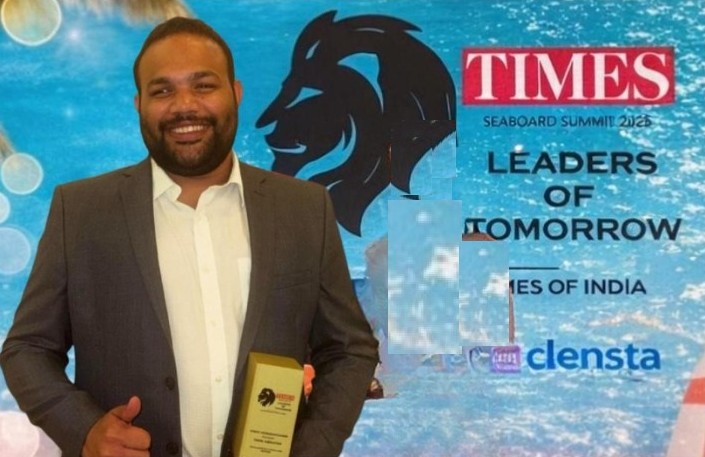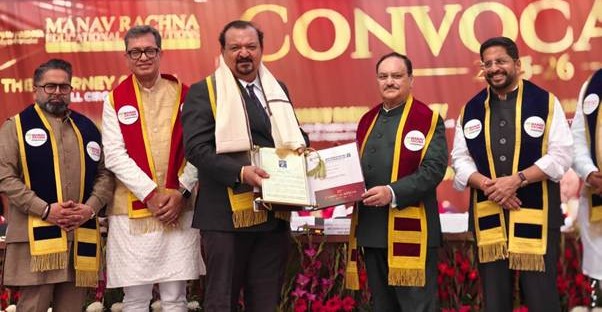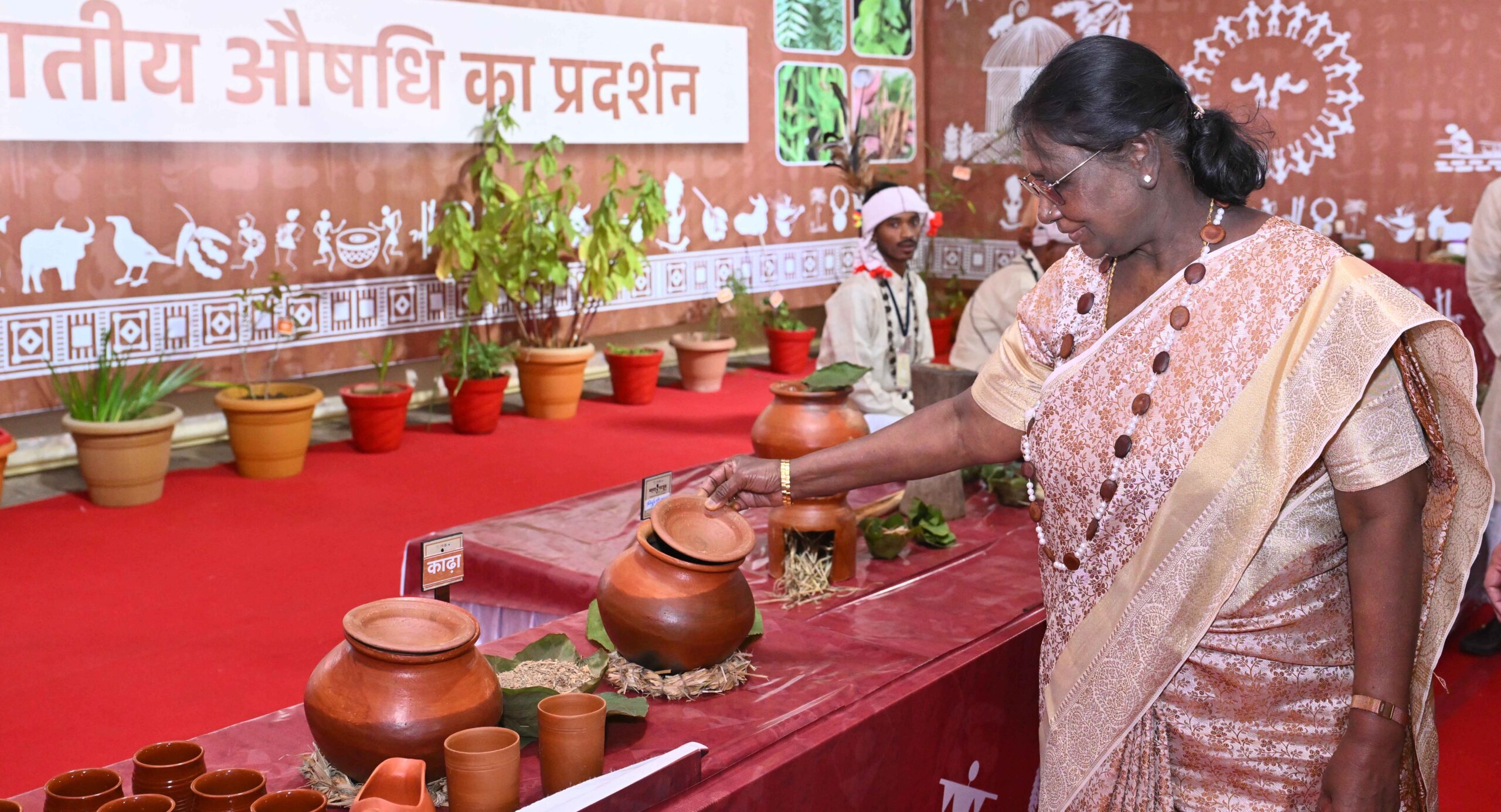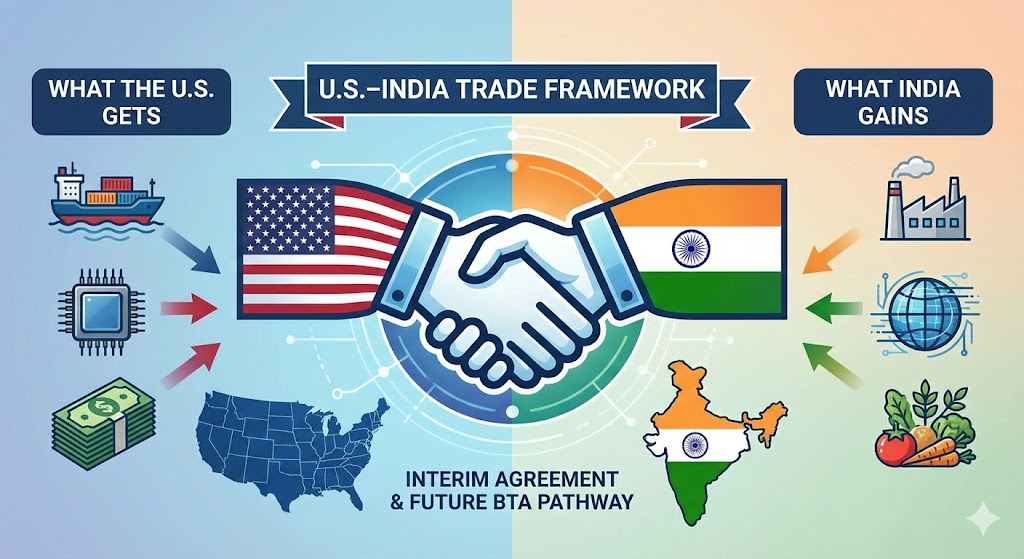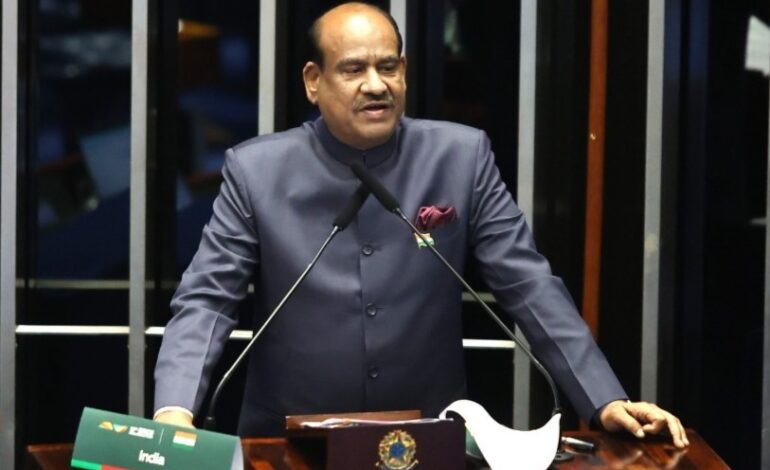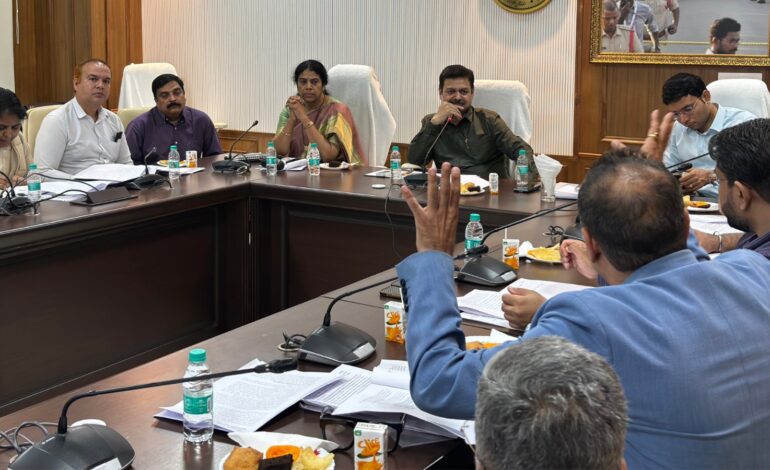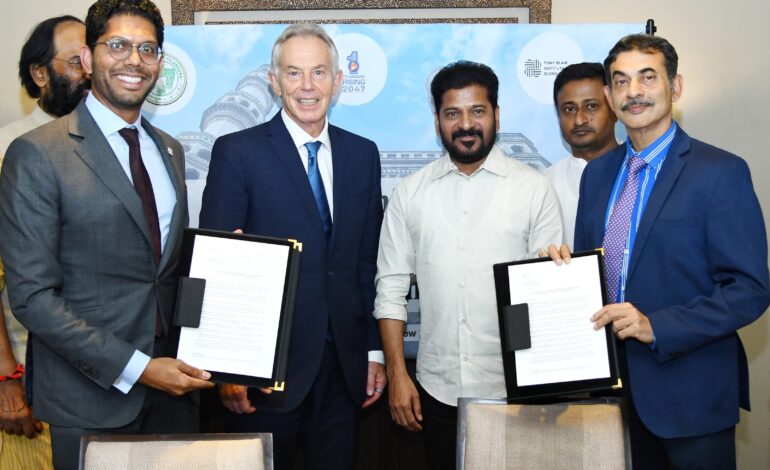President Murmu Presents Swachh Survekshan Awards, Calls for Embracing Traditional Wisdom for Modern Circularity
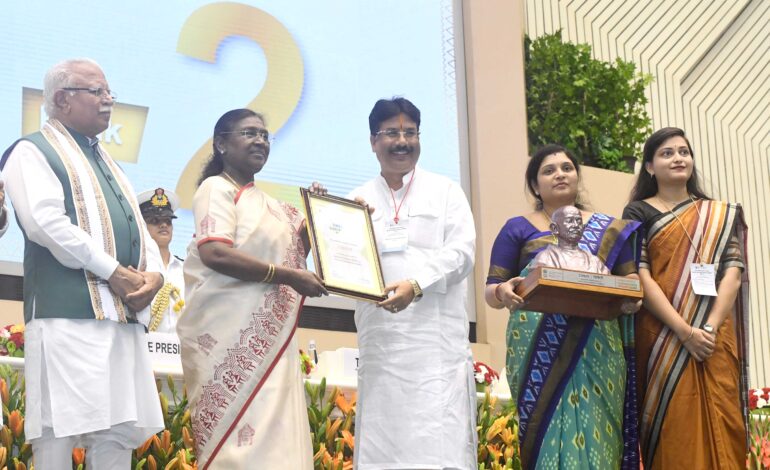
President of India Droupadi Murmu on Thursday presented the prestigious Swachh Survekshan Awards at a ceremony organized by the Ministry of Housing and Urban Affairs in New Delhi.
New Delhi, July 18: President of India Droupadi Murmu on Thursday presented the prestigious Swachh Survekshan Awards at a ceremony organized by the Ministry of Housing and Urban Affairs in New Delhi. Acknowledging the efforts of cities and stakeholders towards improving urban cleanliness, the President hailed the annual cleanliness survey as a model initiative fostering healthy competition and citizen engagement.
Highlighting the scale of this year’s survey, President Murmu noted that the Swachh Survekshan 2024—the world’s largest cleanliness assessment—witnessed active participation from approximately 14 crore citizens, along with urban local bodies, state governments, and civil society stakeholders.
“Cleanliness is Not New to Us”
In her address, the President drew upon India’s rich cultural and spiritual heritage, stating that cleanliness has always been integral to Indian values and daily life. Recalling Mahatma Gandhi’s words that “Cleanliness is next to godliness,” she said the idea of sanitation has deep roots in Indian society.
President Murmu also reflected on her own journey in public life, noting that she began her career as Vice President of a Notified Area Council, where she personally oversaw ward-level cleanliness efforts.
Traditional Wisdom and Circular Economy
The President emphasized that modern sustainability concepts such as reduce-reuse-recycle and circular economy are in fact deeply embedded in traditional Indian lifestyles, especially among tribal communities. “These communities use minimal resources, waste nothing, and live in harmony with nature,” she said, adding that modern systems of circularity can be significantly strengthened by embracing such time-tested practices.
She urged policymakers and citizens to learn from indigenous communities whose environmentally responsible habits align with modern waste management goals.
Waste Segregation and School-Level Awareness
Calling source segregation the first and most crucial step in the waste management chain, the President appealed to every household and stakeholder to prioritize it. She lauded initiatives such as zero-waste colonies and the School Level Assessment programme, which aims to instill cleanliness as a core value among students. “These steps will yield far-reaching social benefits,” she added.
Combating Plastic and E-Waste
Addressing the growing threat of plastic and electronic waste, President Murmu underlined the urgency of implementing Extended Producer Responsibility (EPR) guidelines issued in 2022. She reminded stakeholders—including producers, brand owners, and importers—of their role in mitigating pollution through responsible production and recycling practices.
Cleanliness as a National Goal
President Murmu underscored the economic, cultural, and environmental dimensions of sanitation, expressing confidence that with collective resolve, India could become one of the cleanest nations by 2047, in line with the vision of a developed India.
She concluded by calling upon every citizen to wholeheartedly contribute to the Swachh Bharat Mission, ensuring that cleanliness becomes a shared national commitment and a daily way of life.

